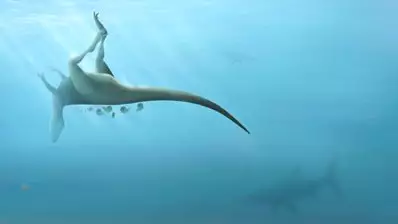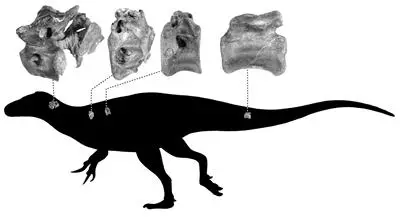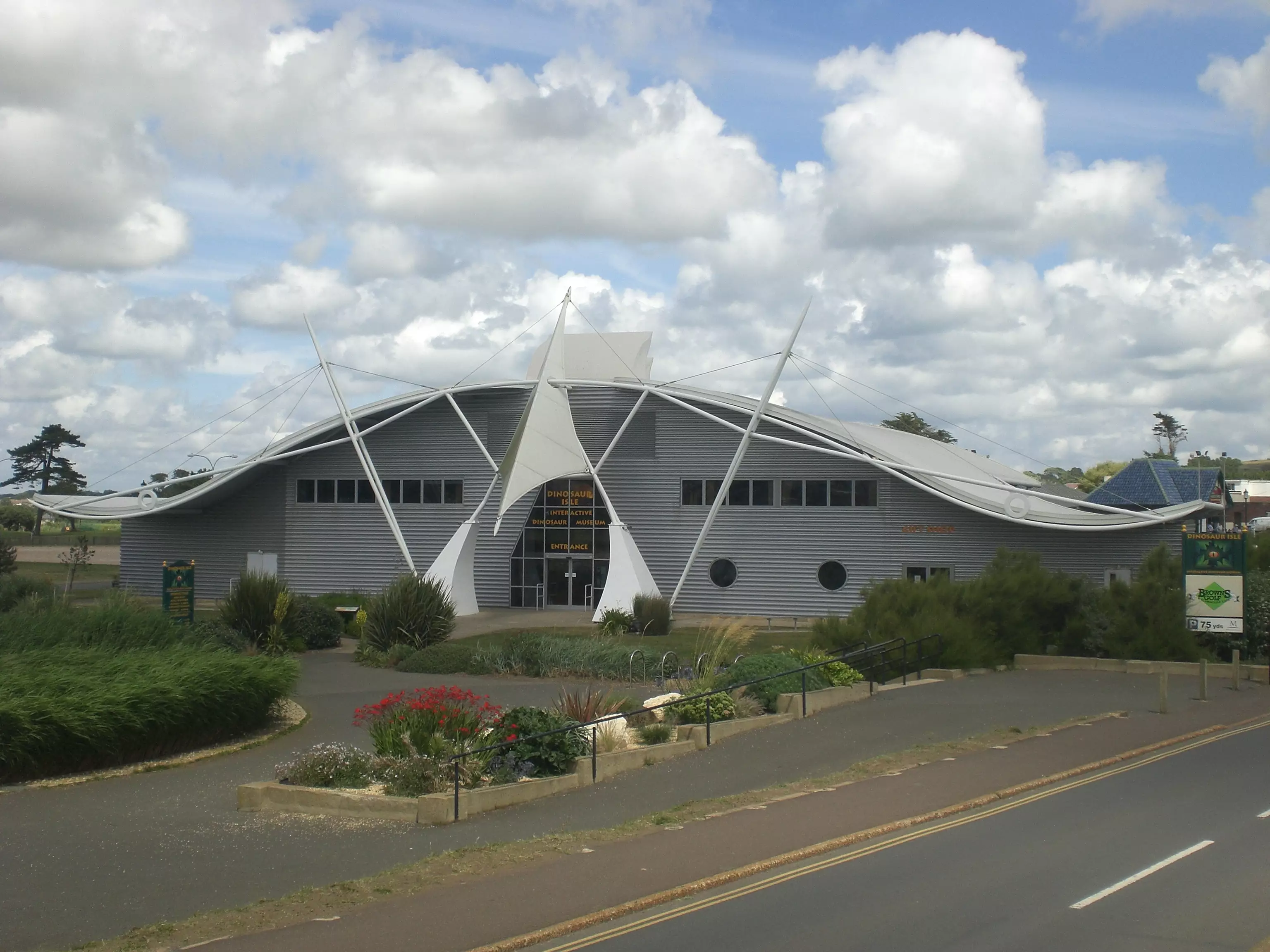
Scientists have discovered a new species of dinosaur on the Isle of Wight.
From the same family as the Tyrannosaurus rex, the creature would have roamed the planet about 115 million years ago.
Researchers say it would have been around four metres long and is part of the theropod group. It's been given the catchy name of Vectaerovenator inopinatus.
Advert
Four bones were discovered over a period of weeks in 2019, in three separate findings. The fossils were handed over to the Dinosaur Isle Museum at nearby Sandown.

After being studied, scientists confirmed that all the fossils were extremely likely to be from the same dinosaur, especially given the location was the same and the timing of the finds was very similar.
Robin Ward, who is from Stratford-upon-Avon, regularly hunts for fossils and was with his family when they made their discovery.
Advert
He said: "The joy of finding the bones we discovered was absolutely fantastic. I thought they were special and so took them along when we visited Dinosaur Isle Museum. They immediately knew these were something rare and asked if we could donate them to the museum to be fully researched."
James Lockyer, from Lincolnshire was visiting the Isle of White when he found them.
He said: "It looked different from marine reptile vertebrae I have come across in the past. I was searching a spot at Shanklin and had been told and read that I wouldn't find much there. However, I always make sure I search the areas others do not, and on this occasion it paid off."
Paul Farrell, from Ryde, Isle of Wight, added: "I was walking along the beach, kicking stones and came across what looked like a bone from a dinosaur. I was really shocked to find out it could be a new species."

Chris Barker, a PhD student at the University of Southampton, who led the study, said: "We were struck by just how hollow this animal was - it's riddled with air spaces. Parts of its skeleton must have been rather delicate.
Advert
"The record of theropod dinosaurs from the 'mid' Cretaceous period in Europe isn't that great, so it's been really exciting to be able to increase our understanding of the diversity of dinosaur species from this time.
"You don't usually find dinosaurs in the deposits at Shanklin as they were laid down in a marine habitat. You're much more likely to find fossil oysters or drift wood, so this is a rare find indeed."
Featured Image Credit: Trudie Wilson